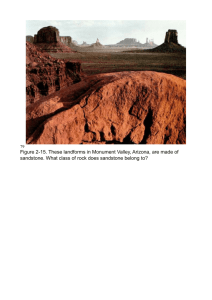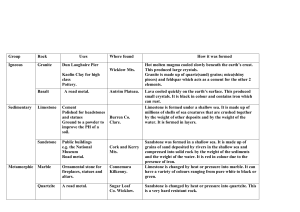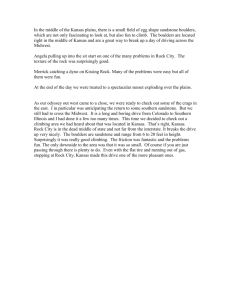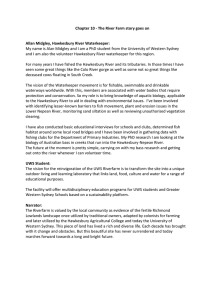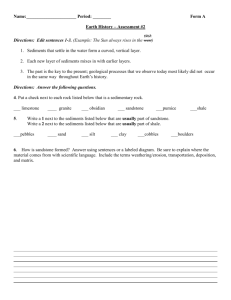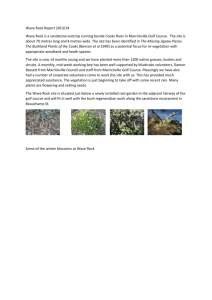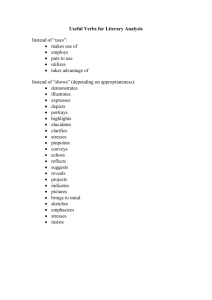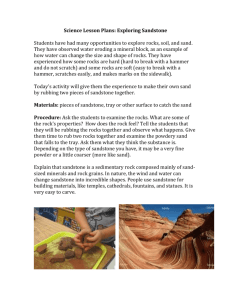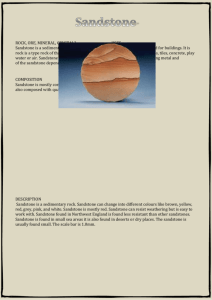Estimating the rock mass strength of Hawkesbury Sandstone
advertisement
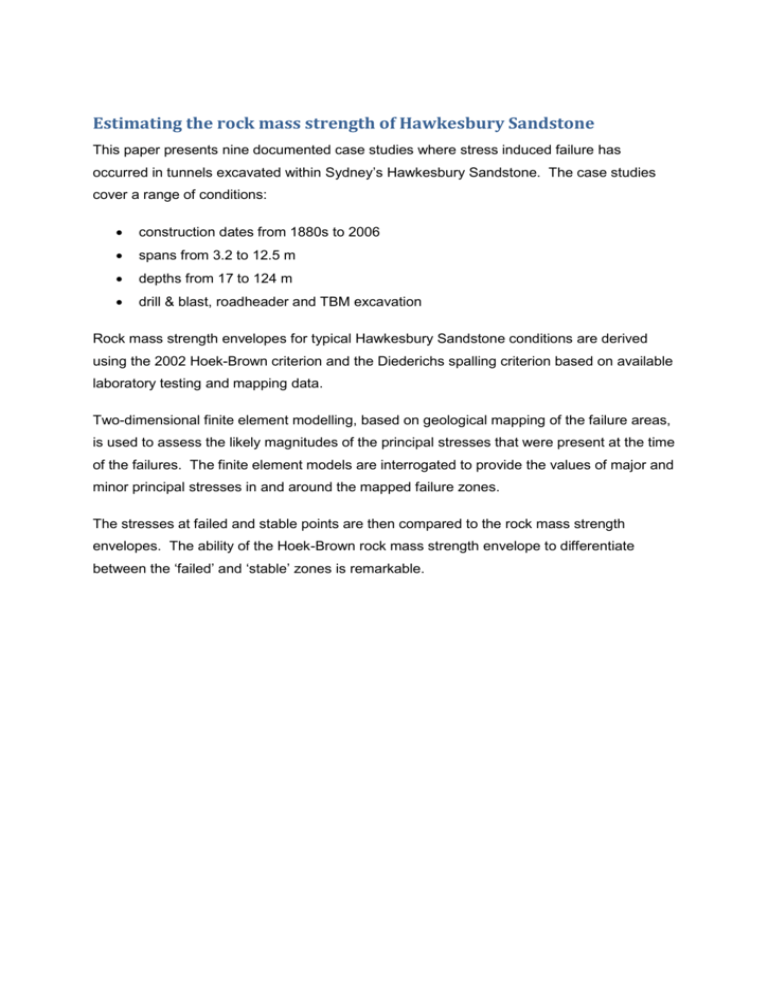
Estimating the rock mass strength of Hawkesbury Sandstone This paper presents nine documented case studies where stress induced failure has occurred in tunnels excavated within Sydney’s Hawkesbury Sandstone. The case studies cover a range of conditions: construction dates from 1880s to 2006 spans from 3.2 to 12.5 m depths from 17 to 124 m drill & blast, roadheader and TBM excavation Rock mass strength envelopes for typical Hawkesbury Sandstone conditions are derived using the 2002 Hoek-Brown criterion and the Diederichs spalling criterion based on available laboratory testing and mapping data. Two-dimensional finite element modelling, based on geological mapping of the failure areas, is used to assess the likely magnitudes of the principal stresses that were present at the time of the failures. The finite element models are interrogated to provide the values of major and minor principal stresses in and around the mapped failure zones. The stresses at failed and stable points are then compared to the rock mass strength envelopes. The ability of the Hoek-Brown rock mass strength envelope to differentiate between the ‘failed’ and ‘stable’ zones is remarkable.
